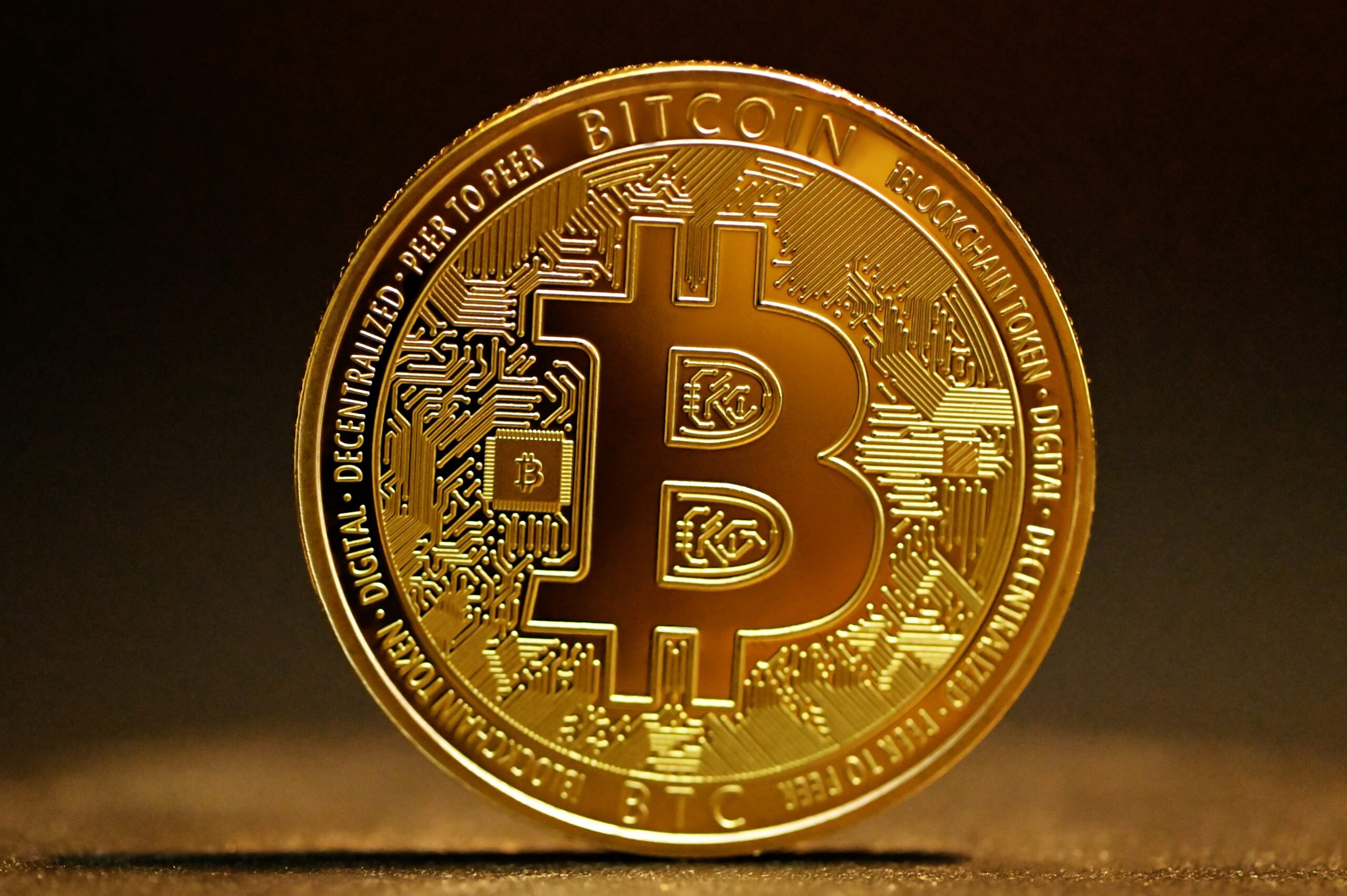As relations between the United States and China enter a new turbulence zone, the relevance of Bitcoin as an economic safe haven is resurfacing. Attention is once again turning to the trade agreement signed under the Trump administration, which has become a major geopolitical issue.
An agreement that is resurfacing amid current tensions
- Questioning the solidity of Sino-US relations: The resurgence of debate surrounding the 2020 trade agreement reveals persistent flaws in mutual commitments. Economic tensions, strained supply chains, and mutual accusations are rekindling uncertainties about global economic stability.
- Market repercussions and the search for safe havens: As tensions mount, investors are seeking protection against currency fluctuations and instabilities related to political decisions. Bitcoin is thus emerging as an asset to avoid geopolitical risks and the potential depreciation of sovereign currencies.
Bitcoin as a shield against state volatility
- A strategic tool in a fragmented world: The perception of Bitcoin as an asset uncorrelated with state decisions is growing. In a context of trade rivalries, it attracts those who want to free themselves from centralized monetary decisions or protectionist policies.
- An alternative to currencies subject to political tensions: While the dollar and the yuan are being used in diplomatic standoffs, Bitcoin offers a decentralized solution that is independent of any government. This reinforces its appeal in a world where economic balances are becoming increasingly uncertain.
Opportunities and threats
Opportunities:
- Reaffirmation of Bitcoin's role as an anti-crisis asset
- Growing attraction of investors seeking digital stability
Threats:
- Increased regulatory pressure in the event of prolonged tensions
- Intrinsic volatility of Bitcoin in the face of speculative adoption
Conclusion
The renewed focus on the Sino-US trade agreement is rekindling fears of protracted economic conflicts. In this climate of uncertainty, Bitcoin is once again positioning itself as a potential safe haven, capturing the attention of investors cautious about the influence games of major powers.








